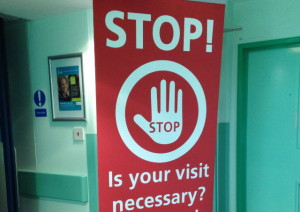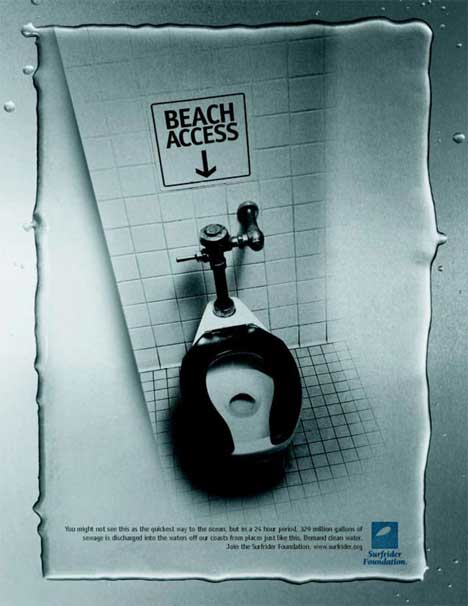Stephan Adams of the Daily Mail writes that a new report commissioned by the UK Food Standards Agency concludes pre-packed sandwiches have been responsible for ‘almost all’ hospital outbreaks of listeria since 2003.
 The bug kills around 50 people a year in England, according to official figures, with most deaths thought to be due to food being prepared and stored incorrectly.
The bug kills around 50 people a year in England, according to official figures, with most deaths thought to be due to food being prepared and stored incorrectly.
Food safety company STS, which advises hospitals and care homes, believes patients may also be dying from eating infected sandwiches at these institutions.
Fiona Sinclair, director of food safety at STS, said: ‘Hospitals and care homes feed the most vulnerable people in society. The last thing these people need is to get something else on top of their illness.’
Pre-packed sandwiches often contain protein-rich fillings such as meat, paté, cheese, prawns and egg, on which listeria can thrive. Days can elapse between preparation and consumption, giving listeria time to multiply, and experts say too few people understand that sandwiches must be kept very cold – below 5C – to stop the bug growing.
The report, written by Ms Sinclair and colleagues, says: ‘Research into previous [listeria] outbreaks in hospitals found that almost all were linked to consumption of pre-packed sandwiches.’
These cases ‘were thought to have been caused by low-level contamination during manufacture in the factory, followed by a breakdown in the control of the cold chain in the hospitals’. During recent inspections, Ms Sinclair found sandwiches were being kept in fridges that were not cold enough, staff were serving packs past their use-by date, and sandwiches were being left on trolleys for lengthy periods before being handed to patients.
The firm’s report, commissioned by the Food Standards Agency, has prompted the FSA to revise its guidance to hospitals and care homes on minimising the risk of listeria.
Measures include cutting maximum fridge temperatures from 8C to 5C.
Welcoming the new rules, STS said: ‘The thought that a loved one should lose their life from eating a sandwich in hospital is ridiculous.’
Ms Sinclair said the research, undertaken with Surrey University, identified nine hospital listeria outbreaks across the UK since 2003. Each case affected between two and seven patients. Ms Sinclair said it was unclear from the data they had seen if anyone died from listeria infection during these outbreaks.
The fact that the bug kills up to 30 per cent of people in ‘vulnerable groups’ – such as pregnant women and the elderly – suggests that some did.
Hugh Pennington, emeritus professor of bacteriology at Aberdeen University, said: ‘If somebody is at death’s door, they could be finished off by a sandwich.



 The Department of Health told
The Department of Health told DCF employees already inspect day-care facilities for safety issues. Sheldon said the Legislature was trying to consolidate inspections to prevent multiple state agencies from visiting the same facilities to inspect different standards.
DCF employees already inspect day-care facilities for safety issues. Sheldon said the Legislature was trying to consolidate inspections to prevent multiple state agencies from visiting the same facilities to inspect different standards.
.jpg) Dr. Mark Rupp, an infectious disease specialist at the University of Nebraska Medical Center pointed to many villains: Rings and fingernails that are too long and hard to clean, poor handling of catheters and treatment areas that aren’t sanitized.
Dr. Mark Rupp, an infectious disease specialist at the University of Nebraska Medical Center pointed to many villains: Rings and fingernails that are too long and hard to clean, poor handling of catheters and treatment areas that aren’t sanitized.